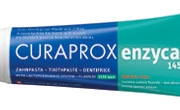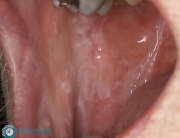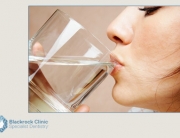What are mouth ulcers?
Mouth ulcers occur when a part of the lining of the mouth breaks down. They are common and affect most people at some stage in their lives. Up to one in five people suffer from recurrent mouth ulcers.
Can they be serious?
Yes, mouth ulcers can be the first sign of a serious condition. Mouth ulcers that occur with ANY of the following features need to be assessed urgently:
- An ulcer that is present for more than two weeks
- Blistering of the mouth
- Sore, red eyes
- Genital ulceration
What causes mouth ulcers?
The most common cause of mouth ulcers is trauma – often burning or biting a part of the mouth. These ulcers usually heal quickly and do not cause major problems. However, most other causes of mouth ulcers require professional attention.
Infections of the mouth can cause ulcers, which heal once the infection is treated. Recurrent mouth ulcers can occur when the body is low in certain vitamins and minerals and when the immune system is not working well. In some conditions, the immune system is over active, attacking the lining of the mouth and causing recurrent ulcers. Mouth ulcers can also be caused by cancers of the mouth, which require urgent care.
How do they affect me?
Mouth ulcers may cause pain or tenderness of your mouth. They can also prevent you from enjoying certain foods. Spicy food, acidic food, citrus fruits and tomatoes are common things that make mouth ulcers sore. Mouth ulcers that are not uncomfortable still need to be investigated, especially if they are not getting better.
What treatments are available?
The first step in treating mouth ulcers is to diagnose the cause. Once serious conditions have been ruled out, the focus can turn to treating the ulcers. In many cases a long term “cure” is not available, but lots of treatments are available that will reduce the discomfort of the ulcers and make them heal more quickly. These treatments usually take the form of medicated mouthwashes, creams and sprays. Some people with recurrent mouth ulcers find that a sodium laurel sulphate (SLS) free toothpaste reduces the number of ulcers that occur.





